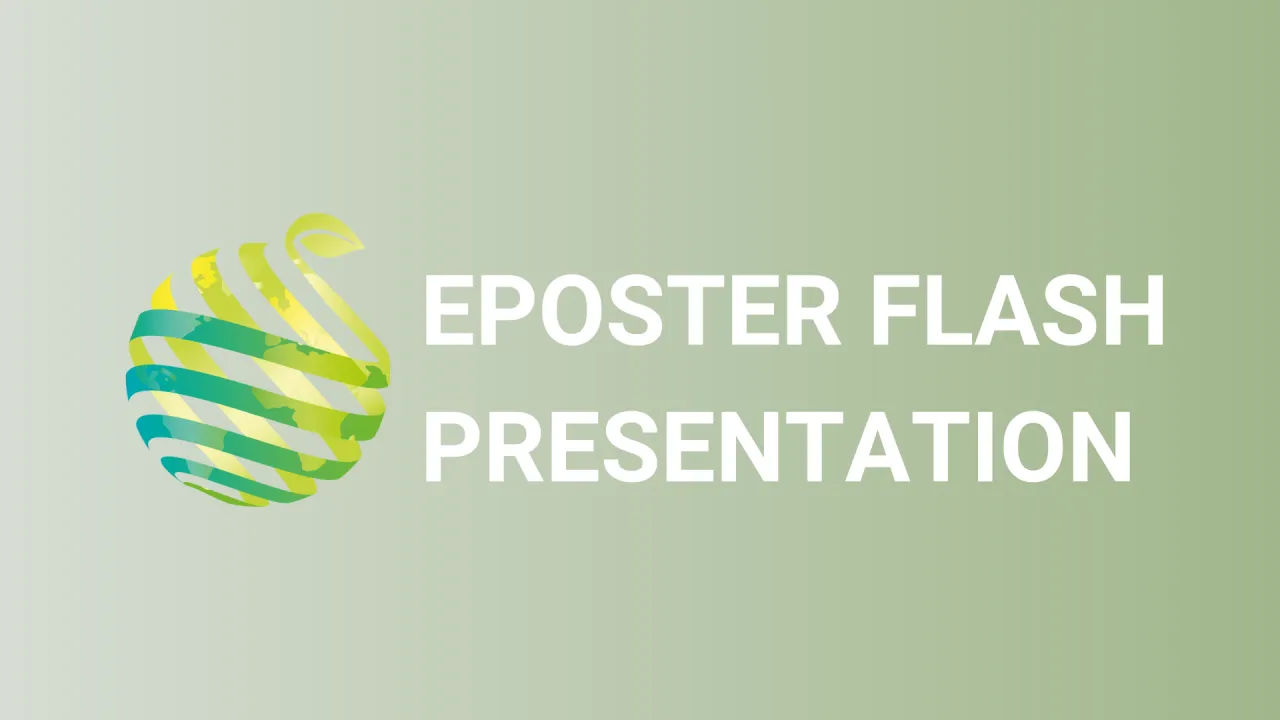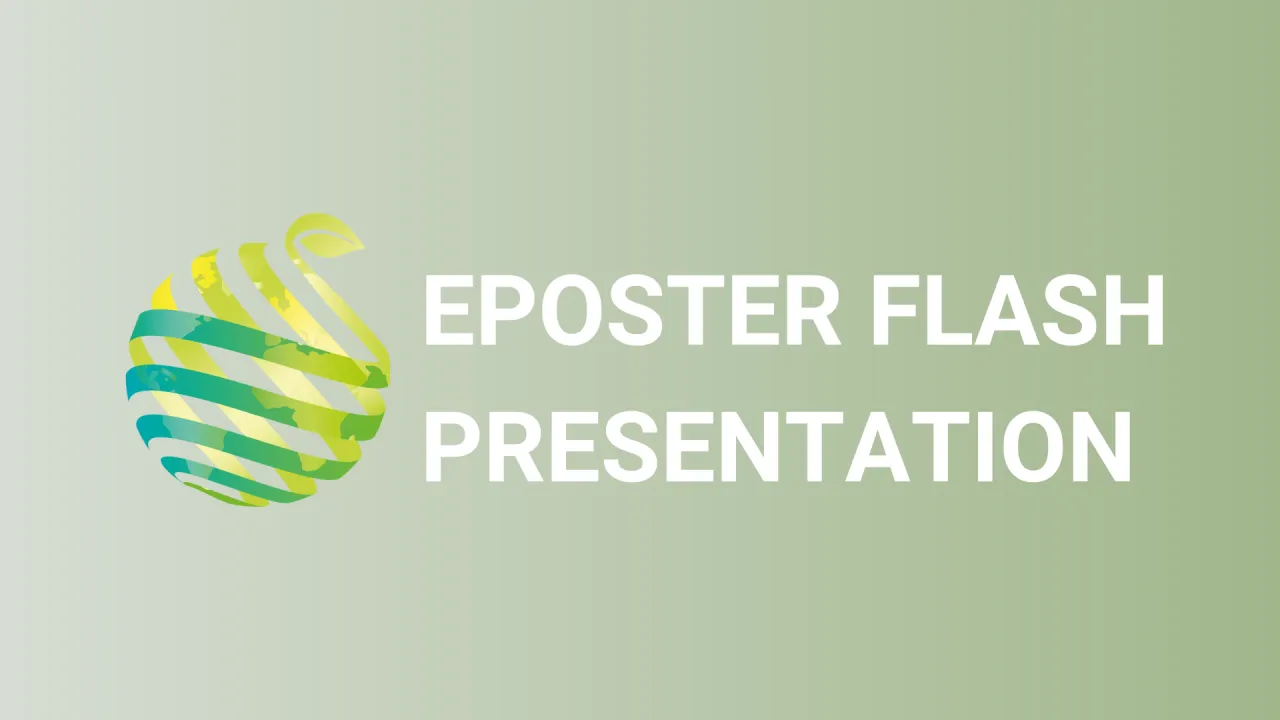

S01 - Session P6 - Transcriptomic analysis of ethylene-inducible pedicel-fruit abscission zone formation in sweet cherry (Prunus avium L.)
Information
Authors: Seanna Hewitt *, Benjamin Kilian, Tyson Koepke, Jonathan Abarca, Matthew Whiting, Amit Dhingra
Sweet cherry ( Prunus avium L.) is classified as a non-climacteric fruit. While sweet cherry fruits do not autocatalytically produce ethylene, they do display a response to exogenous application of the phytohormone. In addition to elicitation of many other key developmental pathways, ethylene has been shown to induce or enhance the formation of an abscission zone (AZ) at the pedicel-stem junction, loosening the fruit and allowing for efficient mechanical harvesting. Natural propensity for AZ formation, or ability to induce AZ formation, varies by genotype. 'Skeena' cherry exhibits an auto-abscising phenotype, requiring no exogenous ethylene to induce abscission. Representing an intermediate phenotype, 'Bing' can be induced to abscise when the ethylene-producing chemical ethephon is applied. In contrast, 'Chelan' neither abscises naturally nor after ethephon application. To understand the molecular basis for different abscission phenotypes, we measured physiological and transcriptomic responses associated with AZ formation in 'Bing', 'Skeena' and 'Chelan' sweet cherry cultivars following application of ethephon. Functional annotation and time course differential expression analysis facilitated identification of key ethylene and auxin responsive genes, as well as additional novel abscission-related transcripts exhibiting differential expression in a genotype-dependent manner. These results provide genetic targets for induction or enhancement of AZ formation. Understanding the genetic mechanisms underlying development of AZ will inform industry efforts to improve upon current practices, while laying a foundation for the mechanization of sweet cherry harvest.